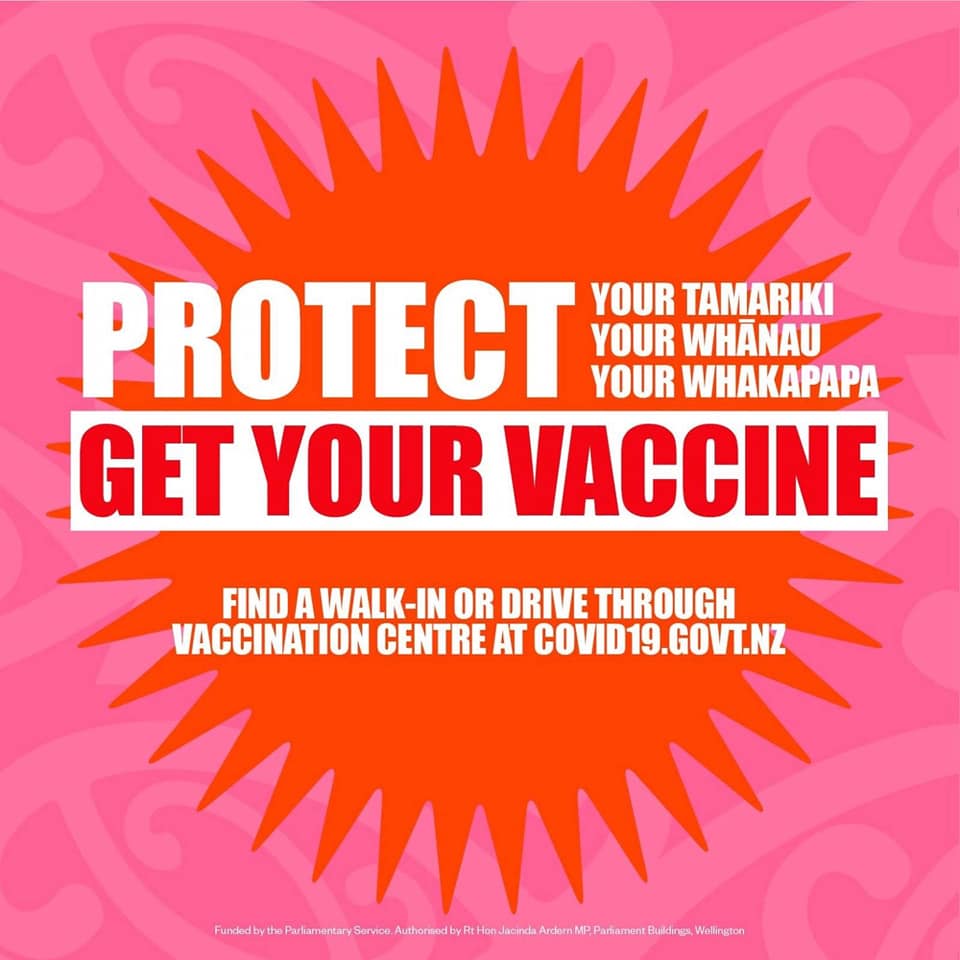In recent years there has been a growing awareness and understanding of mental health issues among young people, and a willingness to speak openly about their own experiences with mental health challenges.
Mental health is a crucial issue; unfortunately, many people still do not take it seriously or know how to properly address it. Only 3 in 10 young people identify mental health as an important issue for them. In any given year in Australia, an estimated 1 in 5 people aged 16-85 will experience a mental health disorder. But the way we treat mental health issues is not good enough. Mental health issues will affect us at some point in our lives. It is estimated that about 45% of Australians will experience a mental illness at some point in their lives.
One of the most common mental health issues experienced by young people is anxiety. Anxiety disorders can manifest in various ways, including social anxiety, phobias, panic attacks, and generalized anxiety disorder. These conditions can significantly impact a young person’s life, affecting their ability to attend school, maintain relationships, and participate in activities they enjoy.
Depression, anxiety, and substance abuse are some of the common mental health problems experienced by young people. It is important to recognize the signs of mental health problems and seek professional help early on to prevent the problem from escalating. Additionally, creating a supportive and understanding environment for young people can help reduce the stigma surrounding mental health issues and encourage them to seek help when needed.
Another prevalent mental health issue among young people is depression. Depression is a debilitating condition that can make even the simplest tasks seem overwhelming. Teenagers who experience depression may suffer from feelings of worthlessness, hopelessness and a loss of interest in previously enjoyed activities. This can lead to poor academic performance, social isolation, and even thoughts of self-harm or suicide.
The rise of social media has also been linked to increased rates of mental health issues among young people. Studies have shown that excessive social media use can lead to feelings of loneliness, anxiety, and depression. Social media can also create unrealistic expectations and lead to negative self-comparisons, which can contribute to low self-esteem and poor mental health.
I believe that mental health and the ignorance people provide have a significant impact on those affected by it. Individuals can live happier and healthier lives by prioritizing mental health and seeking help when needed. Many young people today recognize the importance of taking care of their mental health and the mental health of their peers. Youth are also now recognizing the importance of addressing and supporting mental health issues in their peers. In recent years there has been a growing awareness and understanding of mental health issues among young people, and a willingness to speak openly about their own experiences with mental health challenges.
In conclusion, mental health is a vital issue affecting millions worldwide, including young people. Anxiety and depression are two common mental health issues among young people, but there are many others as well. Unfortunately, many people still do not take mental health seriously enough or know how to properly address it. Seeking help from a mental health professional,engaging in self-care activities, and being mindful of social media use can all help manage and improve mental health. It’s important to remember that mental illness is not a personal weakness or a choice but rather a medical condition that requires treatment.
By Sachindu Perera – Melbourne








